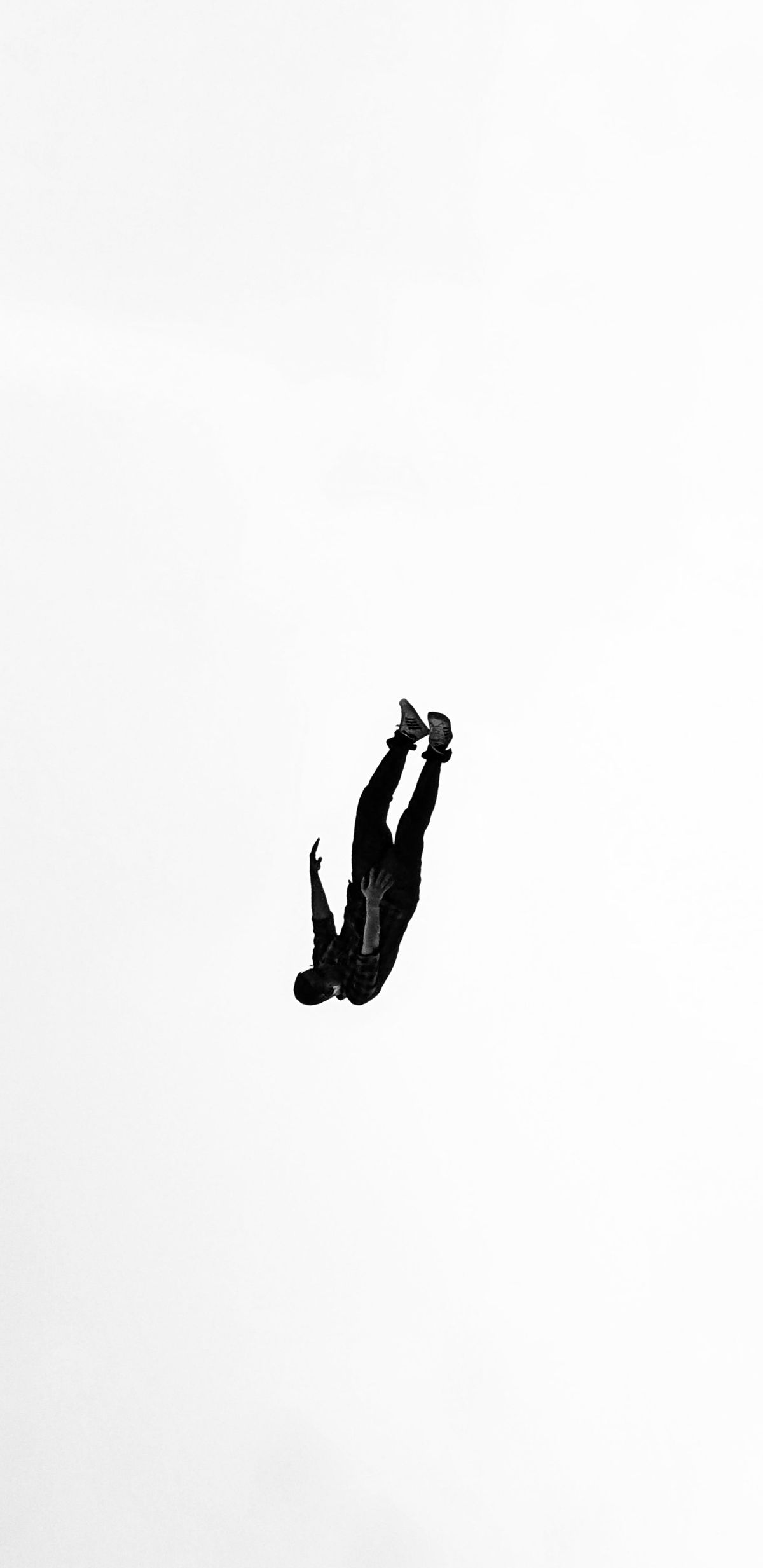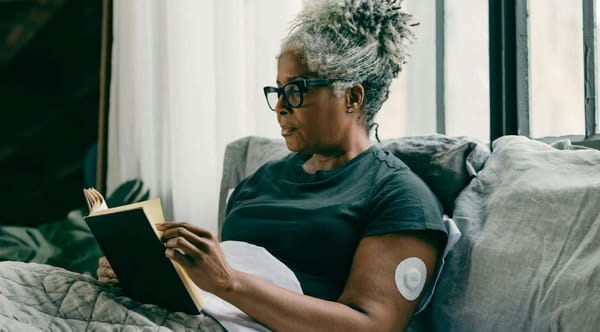Falling: Top Risk for Those 50+

If you are over 50, one of the greatest risks to your health is falling. Yes, falling. We worry about our blood sugar and blood pressure, cholesterol, and perhaps memory, but the real problem lies somewhere else. So if you are nearing 50 or past, listen in.
When you were 10, you would fall all the time. In fact, fun for you could have to jump and fall. So what changed? Is this merely the inevitability of old age, with you condemned to dammnation? Is there something you can do?
To understand this, we need to understand what might have occurred in the past 40 years of our lives. Most of us got out of college and went on to desk-bound jobs.
Even the atheletic ones slowly lost their enthusiasm for exercise and muscle building. With each passing day, our bones and muscles both got weaker.
When a 70-kilo man falls, he exerts a force almost as much as his weight. Normally, if his muscles and bones were strong, he would quickly stabilise himself.
Perhaps he would use his hands or even his feet to help. As we age, if your bones and muscles are weaker, they do not retain the same capacity to stabilise your weight.
Therefore, when you fall, you can break your bones. Unfortunately, because the bones are no longer those of a 10-year-old, they are more likely to break, adding insult to injury. It does not stop there.
Your likelihood of falling increases as you age because of a little-known factor. Stability in the body is managed by something known as the vestibular apparatus. A set of canals with fluid in them detects where your body is relative to the ground.
Based on this sensory signal, your body adjusts itself to keep you from falling. Age affects your canals, reducing your sensitivity to the signal. You are more likely to lose your balance.
The best cure? Exercise like your life depends on it. In this case, it really does!





